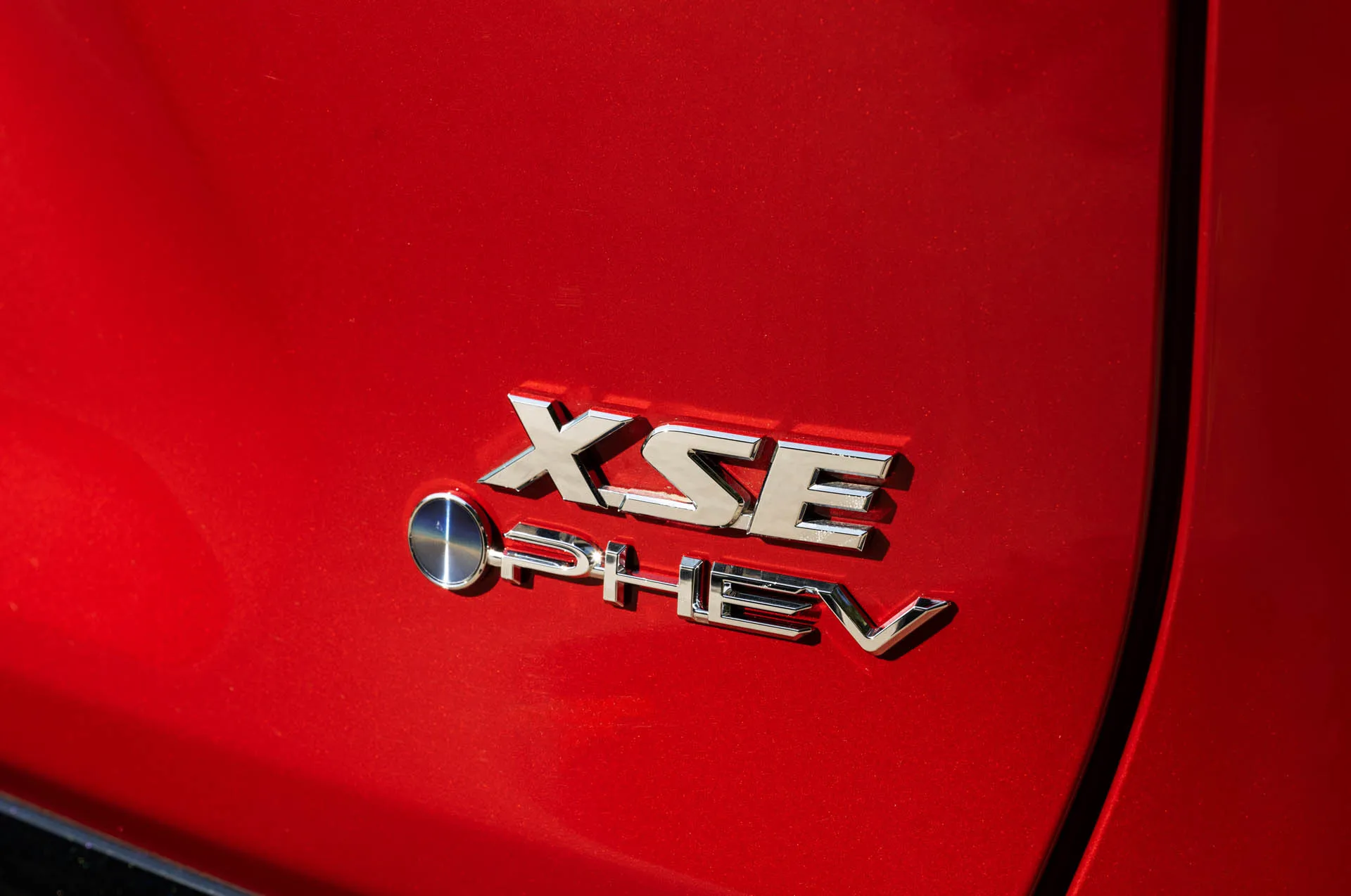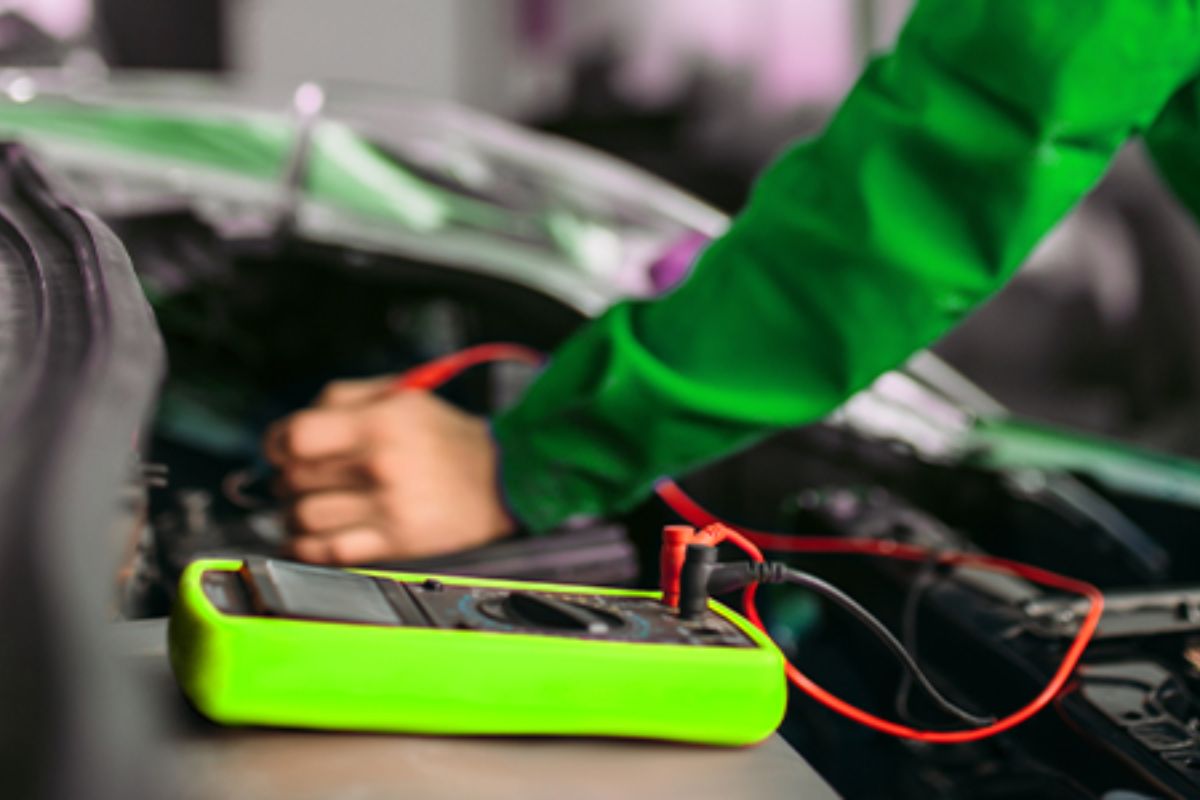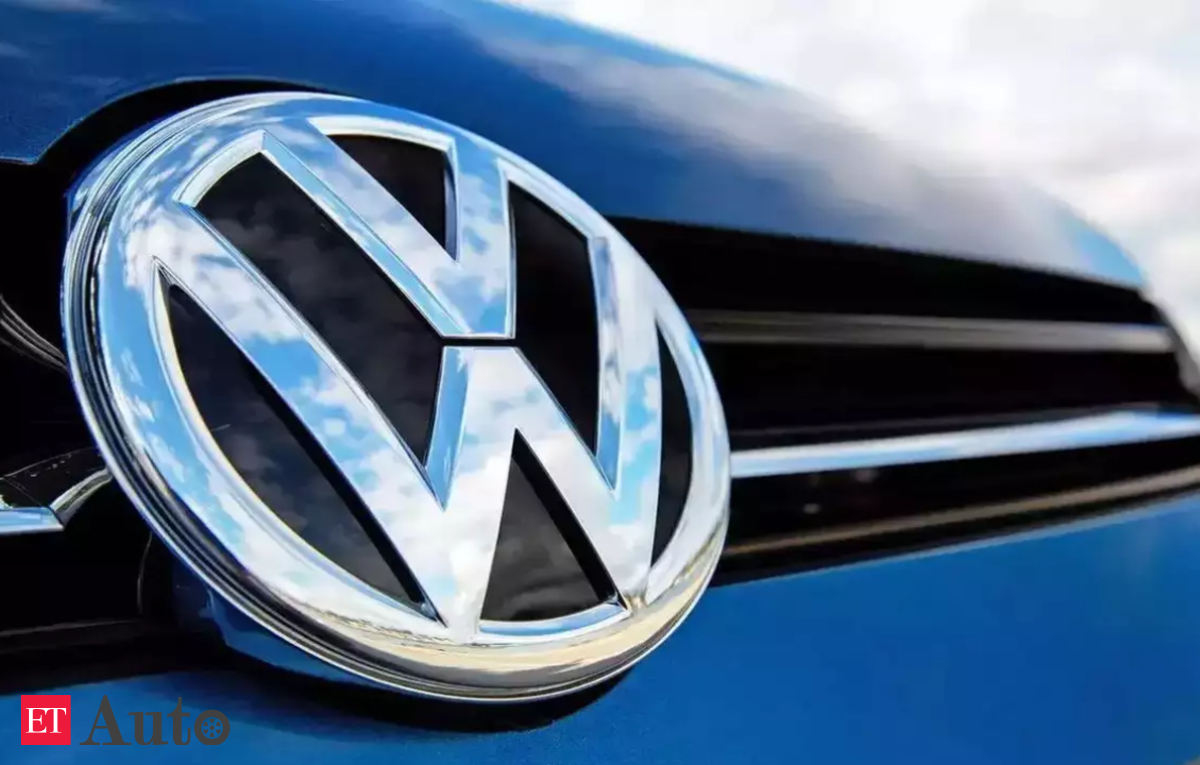Buying a used car can be a smart financial decision if you know what to look out for.
Tips for choosing quality used cars

Study reliability
When you set a budget, study which models are most dependable, mainly when used. Toyota and Honda have consistently featured as the most trusted brands regarding dependability and residual value. Ascertain what people say about reliability, common complaints, and cost of ownership over time through consumer sites and car review sources.
Check vehicle history
Always ask for a history report using the VIN of the car being purchased. It tells whether there has been any accident before, previous owners, or even maintenance history. Vehicles that show gaps in their service history should be avoided.
Review maintenance records
Request to view the maintenance logs and receipts for repairs done before. Comprehensive records mean that the previous owner serviced it regularly by changing the oil and tuning it up, among others. Inconsistent patterns such as double service invoices hint at tampering with the odometer.
Examine mileage
Ensure that the current mileage is consistent with maintenance records or manufacture date. Meager miles may imply odometer tampering, however. Normal annual driving ranges from about 12,000 to 15,000 miles. Higher mileage means less useful life left; consider this while making an offer.
Test drive car
It is always essential to test drive in various conditions, such as highways, side streets, or even going uphill. Pay close attention to transmission shifts, brake responsiveness, steering, vibrations, smells, and unusual sounds. To check for brake pull, grabbing, or swerving when braking firmly. Repairing problems is very costly.
Check fluids
Ensure that all vital fluids are clean in appearance. The coolant should be bright green and see-through. However, brown sludgy fluid may mean a transmission fluid leak or, even worse, engine damage in some instances.
Verify title and ownership
Ensure that the seller owns the car and that there are no liens against it. Request other documents like maintenance records books/manuals and spare keys, if any are available. Ensure the current mileage is as indicated on the odometer instead of relying on what it says here; drive it around before finalizing your purchase as you can buy here pay here in hawthorne.
Check auto insurance rates
Always find out what it will cost to insure a used car before you buy one. Get insurance quotes from your insurer for different makes, models, and years. Compare the cost of the premium with what you can afford.
Negotiate fair price
Look together the car’s history, inspection results, reconditioning needs, comparable pricing, and insurance rates. Then, offer an amount within your budget that considers its condition versus book values and what other cars in your area sell at.
Buying used requires more legwork upfront but saves substantially over purchasing new. Follow these guidelines to detect issues early and negotiate the best deal on a solid, used car with many good miles ahead. Taking the time to select carefully will reward you with reliable transportation at the right price.
End
Test drive several used vehicles before deciding, and have your mechanic inspect the top contender thoroughly before purchase. Then enjoy the open road while saving money with your quality used car!




